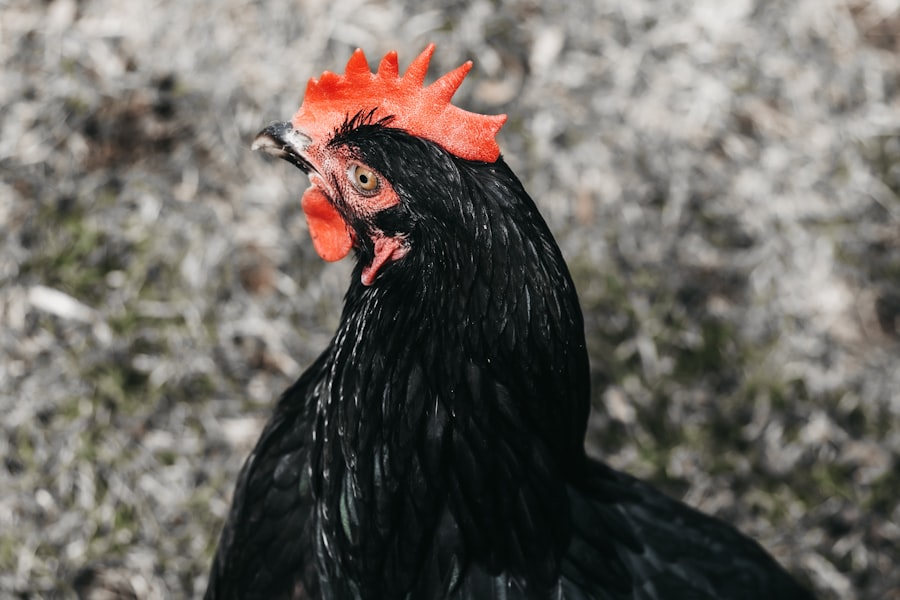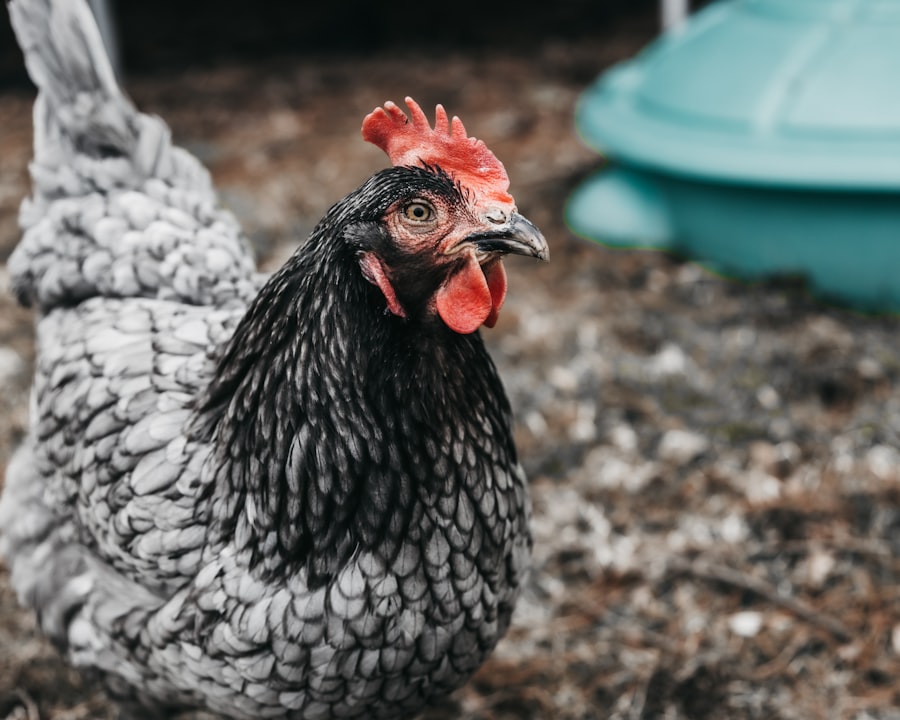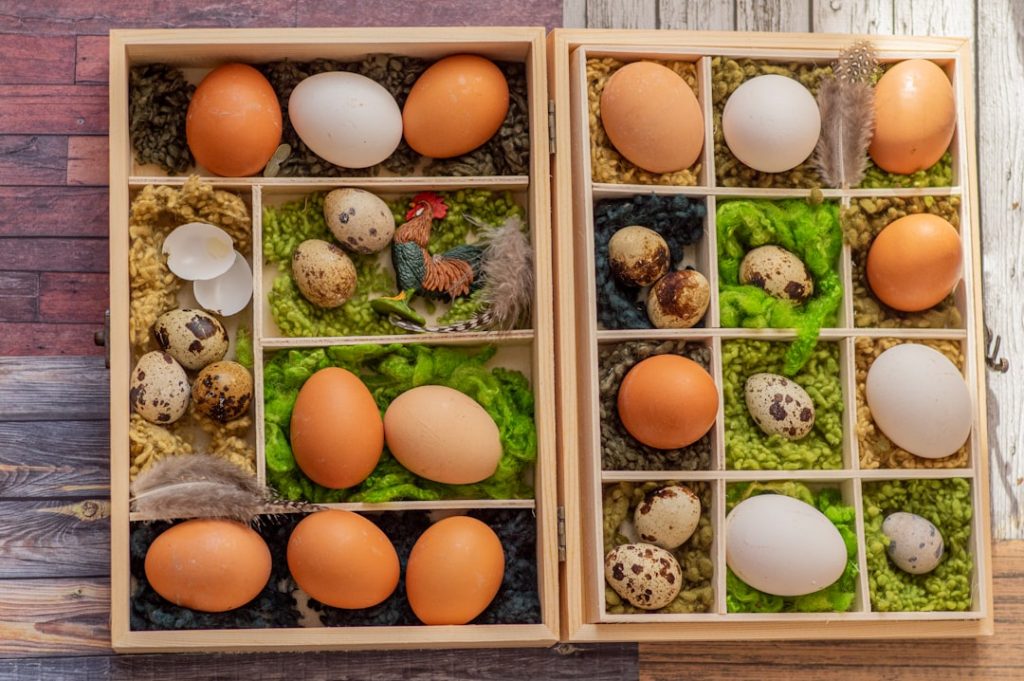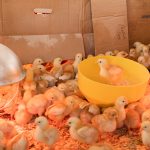Keeping chickens can be a fulfilling endeavor for those interested in raising their own flock. Before beginning, it is crucial to understand the fundamental aspects of chicken care. Providing a suitable living environment is essential, which includes a secure coop and run, along with access to clean water and a nutritionally balanced diet.
Selecting the appropriate breed of chicken is also important, as different breeds have varying needs and characteristics. Some breeds are better suited for egg production, while others are more appropriate for meat production or as companion animals. It is vital to be aware of the legal requirements and regulations regarding chicken-keeping in your area.
Many municipalities have specific ordinances concerning the number of chickens allowed and the required distance from neighboring properties. Familiarizing yourself with these regulations is necessary to ensure compliance with local laws. Additionally, potential chicken keepers should consider the time and effort required for daily care.
While chickens can be relatively low-maintenance, they still require regular attention, including feeding, watering, and maintaining a clean living environment.
Table of Contents
- 1 Daily Care and Maintenance
- 2 Coop and Run Maintenance
- 3 Egg Collection and Handling
- 4 Health and Medical Care
- 5 Predators and Security
- 6 Time and Effort Required
- 7 FAQs
- 7.1 What is the amount of work involved in keeping chickens?
- 7.2 How much time does it take to care for chickens each day?
- 7.3 What are the ongoing maintenance tasks for keeping chickens?
- 7.4 Are there seasonal tasks involved in keeping chickens?
- 7.5 What are the potential challenges of keeping chickens?
Key Takeaways
- Keeping chickens requires basic knowledge of their needs, such as shelter, food, and water.
- Daily care involves feeding, watering, and checking for any signs of illness or distress.
- Regular coop and run maintenance is essential for keeping chickens healthy and safe from predators.
- Proper egg collection and handling practices can help ensure the eggs are clean and safe to eat.
- Understanding common health issues and knowing how to provide basic medical care is important for keeping chickens healthy.
Daily Care and Maintenance
Daily Care Tasks
To ensure the health and well-being of your chickens, it’s essential to establish a daily care routine. This includes providing fresh water, feeding your chickens a balanced diet, and collecting eggs. Daily checks on your chickens are also crucial to ensure they are healthy and happy.
Monitoring Health and Behavior
Observing your chickens’ behavior and checking for any signs of illness or injury are vital parts of daily care. Addressing any issues that may arise promptly is crucial to preventing the spread of disease and ensuring the well-being of your flock.
Maintenance of the Coop and Run
Regular maintenance of the coop and run is essential for keeping your chickens healthy and safe. This includes cleaning the coop and run regularly to remove waste and prevent the buildup of bacteria and parasites. Providing adequate ventilation and insulation in the coop is also crucial to ensure your chickens are comfortable in all weather conditions. Regular inspections of the coop and run for signs of wear or damage, such as loose wire or rotting wood, are necessary to ensure the safety of your flock.
Coop and Run Maintenance

Maintaining a clean and secure coop and run is essential for the health and well-being of your chickens. Regular maintenance of the coop and run includes cleaning, repairing, and providing adequate ventilation and insulation. Cleaning the coop and run regularly is important for removing waste and preventing the buildup of bacteria and parasites.
This can be done by removing soiled bedding, sweeping or hosing down the floors, and disinfecting surfaces as needed. Additionally, it’s important to regularly inspect the coop and run for any signs of wear or damage, such as loose wire or rotting wood, and make any necessary repairs to ensure the safety of your flock. In addition to cleaning and repairing the coop and run, providing adequate ventilation and insulation is essential for the comfort of your chickens.
Proper ventilation helps to remove moisture and odors from the coop, while insulation helps to regulate temperature and keep your chickens comfortable in all weather conditions. This can be achieved by installing vents and windows in the coop, as well as adding insulation to the walls and roof. By maintaining a clean and secure coop and run, you can help to prevent illness and injury in your flock and ensure that they are happy and healthy.
Egg Collection and Handling
One of the most rewarding aspects of keeping chickens is collecting fresh eggs from your flock. To ensure that your eggs are safe to eat, it’s important to establish a routine for collecting and handling eggs. This includes collecting eggs daily to prevent them from becoming soiled or damaged, as well as storing them properly to maintain their freshness.
When collecting eggs, it’s important to handle them gently to prevent cracking or breaking the shells. It’s also important to clean any soiled eggs before storing them to prevent the spread of bacteria. Once you have collected your eggs, it’s important to store them properly to maintain their freshness.
Eggs should be stored in a cool, dry place away from strong odors, such as in a refrigerator or cool pantry. It’s also important to store eggs with the pointed end down to help maintain their quality. Additionally, it’s important to use older eggs first before using fresher ones to ensure that none go to waste.
By establishing a routine for collecting and handling eggs, you can ensure that you have a steady supply of fresh eggs from your flock.
Health and Medical Care
Maintaining the health of your flock is essential for their well-being and productivity. This includes providing a balanced diet, regular access to fresh water, and monitoring their behavior for any signs of illness or injury. It’s important to familiarize yourself with common chicken health issues, such as respiratory infections, parasites, and egg binding, so that you can recognize the signs and take appropriate action if necessary.
Additionally, it’s important to establish a relationship with a veterinarian who specializes in poultry care so that you have access to professional medical advice if needed. In addition to providing regular care for your flock, it’s important to establish a routine for preventative health measures, such as vaccinations and parasite control. This can help to prevent illness and keep your flock healthy and productive.
It’s also important to quarantine any new birds before introducing them to your existing flock to prevent the spread of disease. By taking proactive measures to maintain the health of your flock, you can help to prevent illness and ensure that your chickens live long, happy lives.
Predators and Security

Protecting your flock from predators is essential for their safety and well-being. Common predators that may pose a threat to chickens include foxes, raccoons, hawks, and snakes. To protect your flock from predators, it’s important to establish a secure coop and run with sturdy fencing and locks on all doors and windows.
Additionally, it’s important to regularly inspect the coop and run for any signs of wear or damage that may compromise its security. In addition to securing the coop and run, it’s important to establish a routine for monitoring your flock for any signs of predator activity. This includes checking for tracks or other signs of predators near the coop or run, as well as observing your chickens for any signs of stress or injury.
It’s also important to provide adequate lighting around the coop at night to deter nocturnal predators. By taking proactive measures to protect your flock from predators, you can help to ensure their safety and well-being.
Time and Effort Required
Keeping chickens requires a significant time commitment for daily care tasks such as feeding, watering, cleaning, and egg collection. Additionally, maintaining a clean and secure coop and run requires regular maintenance tasks such as cleaning, repairing, and providing adequate ventilation and insulation. It’s also important to monitor your flock for any signs of illness or injury and take appropriate action if necessary.
In addition to daily care tasks, keeping chickens also requires a financial investment in supplies such as feed, bedding, and medical care. It’s important to budget for these expenses when considering keeping chickens as pets or for egg production. Additionally, it’s important to consider the space required for keeping chickens, including a suitable coop and run with enough room for your flock to move around comfortably.
Overall, keeping chickens can be a rewarding experience for anyone interested in raising their own flock. By understanding the basics of keeping chickens, establishing a routine for daily care and maintenance tasks, providing a secure living environment for your flock, collecting eggs safely, maintaining their health through medical care measures, protecting them from predators through security measures, you can ensure that your chickens are happy, healthy, and productive members of your household or farm.
If you’re interested in learning more about how much work is involved in keeping chickens, you might want to check out this article on how to insulate a chicken coop. It discusses the importance of providing proper insulation for your chickens’ living space, which is just one aspect of the care and maintenance required for keeping chickens.
FAQs
What is the amount of work involved in keeping chickens?
Keeping chickens requires regular daily tasks such as feeding, watering, and collecting eggs. Additionally, chickens need to be let out in the morning and locked up at night to keep them safe from predators.
How much time does it take to care for chickens each day?
Caring for chickens typically requires about 15-30 minutes of time each day for basic tasks such as feeding, watering, and egg collection. Additional time may be needed for cleaning the coop and tending to any specific needs of the chickens.
What are the ongoing maintenance tasks for keeping chickens?
Ongoing maintenance tasks for keeping chickens include cleaning the coop, providing fresh bedding, and ensuring the chickens have access to clean water and a balanced diet. Regular health checks and parasite prevention are also important aspects of chicken care.
Are there seasonal tasks involved in keeping chickens?
Yes, there are seasonal tasks involved in keeping chickens. For example, in the winter, additional measures may be needed to keep the chickens warm and safe from cold temperatures. In the summer, providing shade and ensuring access to cool water becomes a priority.
What are the potential challenges of keeping chickens?
Potential challenges of keeping chickens include predator attacks, disease prevention, and managing the waste produced by the chickens. Additionally, finding reliable care for the chickens when away from home can be a challenge for some chicken owners.
Meet Walter, the feathered-friend fanatic of Florida! Nestled in the sunshine state, Walter struts through life with his feathered companions, clucking his way to happiness. With a coop that’s fancier than a five-star hotel, he’s the Don Juan of the chicken world. When he’s not teaching his hens to do the cha-cha, you’ll find him in a heated debate with his prized rooster, Sir Clucks-a-Lot. Walter’s poultry passion is no yolk; he’s the sunny-side-up guy you never knew you needed in your flock of friends!







